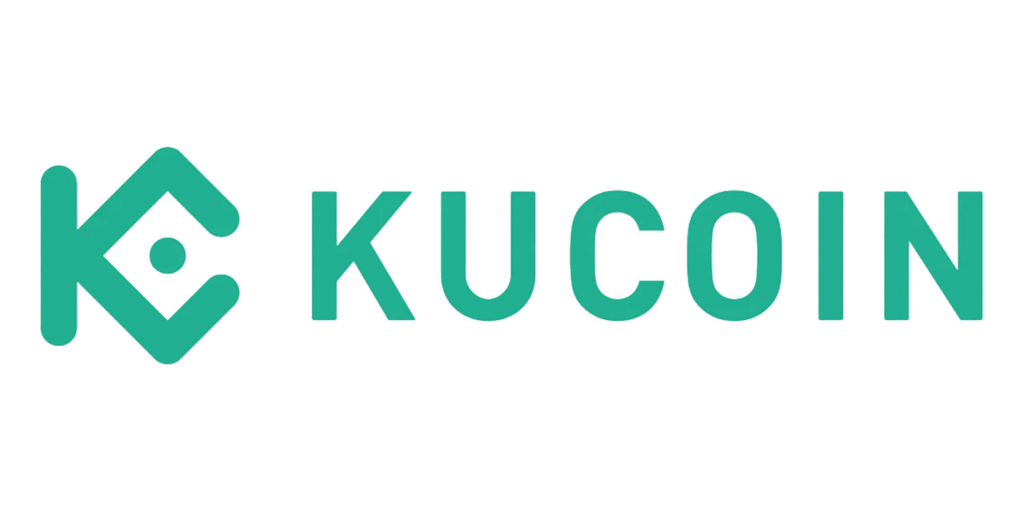Summary
Cryptocurrency is legal in Austria, with regulatory oversight from the Financial Market Authority (FMA). Popular payment methods include SEPA transfers and credit cards. The Euro (EUR) is widely supported on crypto platforms. Key regulations include the Financial Markets Anti-Money Laundering Act and the Austrian Banking Act. The best crypto exchanges in Austria offer a range of services tailored to local needs.
Best Crypto Exchanges in Austria
This article examines the top cryptocurrency exchanges available to Austrian residents. We’ll explore platforms that support EUR transactions and offer convenient payment methods such as SEPA transfers and credit cards. The following table provides a comparison of key features for each exchange:
1. BitPanda
2. Bitget
3. KuCoin
4. Coinbase
5. Kraken
Is Crypto Legal and Regulated in Austria?
Cryptocurrency is legal in Austria, with the government taking a proactive approach to regulation. The primary regulatory body overseeing crypto activities is the Austrian Financial Market Authority (FMA). Austria follows the European Union’s guidelines on cryptocurrency, implementing the 5th Anti-Money Laundering Directive (AMLD5) in 2020.
The FMA’s FinTech Navigator provides guidance on the regulatory treatment of cryptocurrencies. Under Austrian law, cryptocurrencies are classified as “other financial instruments” and are subject to various regulations, including the Financial Markets Anti-Money Laundering Act (FM-GwG) and the Austrian Banking Act (BWG).
Crypto service providers, including exchanges, must register with the FMA and comply with AML/CFT regulations. This includes implementing customer due diligence procedures and reporting suspicious transactions. The FMA’s stance on virtual currencies emphasizes consumer protection and market integrity while fostering innovation in the financial sector.
Is Crypto Taxable in Austria?
Cryptocurrency is subject to taxation in Austria, with specific rules outlined by the Austrian Ministry of Finance. The tax treatment depends on the nature of the crypto transactions and the holding period.
For individuals, capital gains from the sale of cryptocurrencies held for less than one year are subject to progressive income tax rates, which can range from 0% to 55%. If the crypto assets are held for more than one year, the gains are generally tax-free for private individuals.
According to the Austrian Ministry of Finance guidelines, mining income and gains from regular trading activities are typically considered business income and taxed accordingly. The tax rate for business income can be up to 55% for individuals and 25% for corporations.
It’s important to note that crypto-to-crypto transactions are also considered taxable events. Taxpayers are required to maintain detailed records of their cryptocurrency transactions for tax purposes.
Disclaimer:
Tax laws are subject to change, and individual circumstances may vary. It is strongly advised to consult with a qualified tax professional or financial advisor for personalized guidance on cryptocurrency taxation in Austria.
How to Buy Crypto in Austria
Purchasing cryptocurrency in Austria is a straightforward process, with several reputable exchanges catering to Austrian residents. We recommend using BitPanda, a Vienna-based exchange that offers a user-friendly platform and supports EUR transactions. Whether you’re looking to buy Bitcoin, Ethereum, or other popular cryptocurrencies, follow these steps:
- Select a crypto exchange: Choose a platform that supports EUR deposits and withdrawals, offers reasonable fees, and adheres to Austrian regulations. Confirm the exchange’s KYC requirements for a smooth onboarding experience.
- Sign up and verify your identity: Register an account on the chosen platform and complete the verification process, which typically involves submitting identification and address documents in compliance with AML rules.
- Add funds to your account: Deposit EUR using popular methods in Austria, such as SEPA transfers or credit cards. SEPA transfers often come with lower fees and higher limits compared to credit cards.
- Choose your cryptocurrency: Select the digital asset you want to buy. Popular choices include Bitcoin (BTC), Ethereum (ETH), and stablecoins like Tether (USDT) or USD Coin (USDC).
- Make the trade: Place a market or limit order for your selected cryptocurrency. Review the transaction details, including the applicable fees, before confirming your purchase.
- Secure your assets: After buying, move your crypto to a personal wallet for better security. Hardware wallets are highly recommended for long-term storage.
By following these steps, Austrian residents can safely and efficiently enter the cryptocurrency market. Remember to stay informed about the latest regulations and tax implications to ensure compliance with local laws.
Best Crypto Wallets in Austria
Selecting a secure wallet is crucial for Austrian crypto investors. Here are some top options:
Hardware Wallets:
- Ledger: Offers robust security features and supports a wide range of cryptocurrencies.
- Trezor: Another reputable hardware wallet with an intuitive interface.
Software Wallets:
- Trust Wallet: A versatile mobile wallet with built-in DApp browser.
- Exodus: Desktop and mobile wallet with a user-friendly design and built-in exchange feature.
Web Wallets:
- MetaMask: Popular browser extension wallet, ideal for interacting with Ethereum-based DApps.
When choosing a wallet, consider factors such as security features, supported cryptocurrencies, and ease of use. Hardware wallets are recommended for storing large amounts or long-term holdings, while software wallets offer convenience for frequent transactions. Ensure your chosen wallet complies with Austrian regulations and supports EUR transactions if needed.
Bottom Line
For Austrian crypto enthusiasts, the landscape offers various options for secure and compliant trading. Among the best crypto exchanges in Austria, BitPanda stands out for its local presence and tailored services. Bitget follows closely, providing a robust platform with competitive fees. Both exchanges offer a wide range of cryptocurrencies and support EUR transactions, making them ideal choices for Austrian residents entering the crypto market. Always prioritize security, regulatory compliance, and personal research when selecting an exchange or wallet for your cryptocurrency journey.







